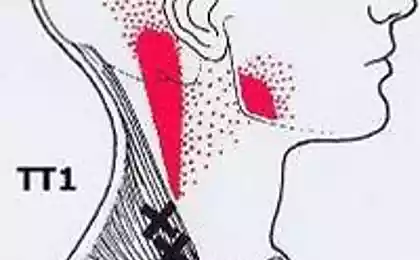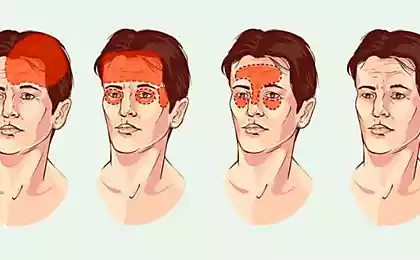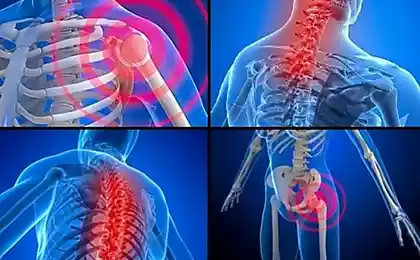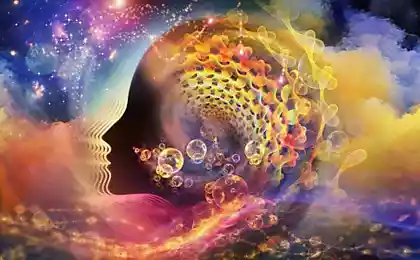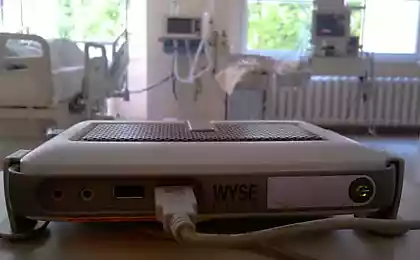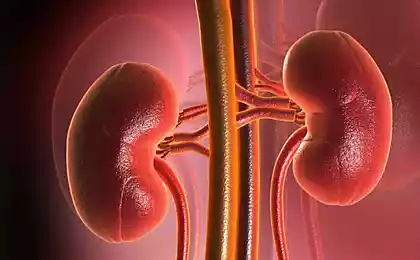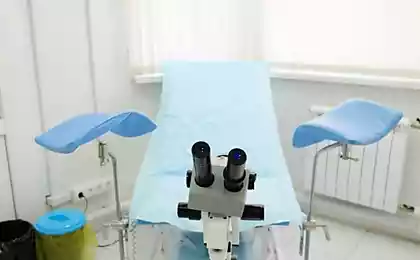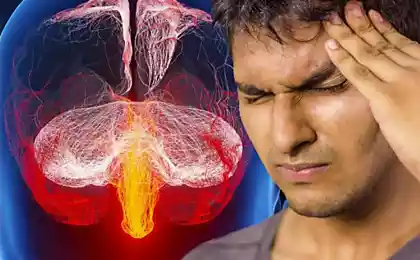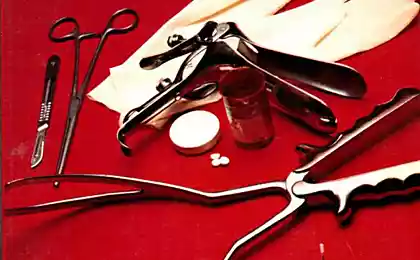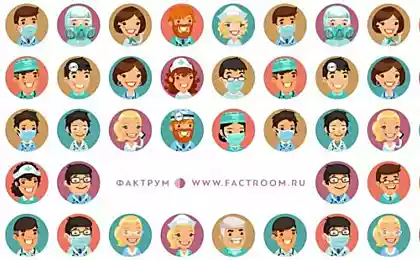250
Doctor: Stop, you're ruining your kidneys! To forget the pain, stop.
Every second Thursday of March is marked World Kidney Day - World Kidney Day. This year it falls on March 8 and will be celebrated for the 12th time. On the eve of this day, we want to draw your attention to kidney diseases, talk about the risk factors leading to the development of these diseases.
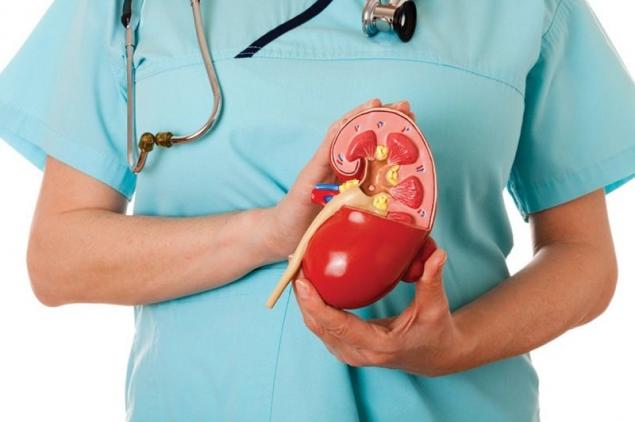
According to WHO, the number of people with diseases of the kidney system today is about 10% of the world’s population, and this figure, unfortunately, is growing. In most cases, we are talking about severe chronic diseases that often end in death, or about diseases that pass into the category of chronic.
The insidiousness of kidney diseases is that they can not manifest themselves for a long time, do not cause complaints, deterioration of health. They can be detected only after a medical examination. Exactly. chronic kidney disease (CKD), along with diabetes mellitus and hypertension, is classified as a “silent killer.” In Russia, the number of CKD sufferers has already reached 15 million.
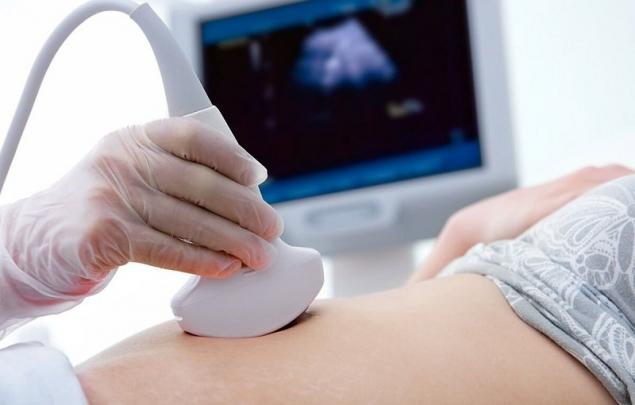
If you do not take the disease under control and allow it to progress, terminal renal failure develops over time, that is, the kidneys cease to perform vital functions. At this stage of the disease, serious complaints already appear, but the moment when it is possible to reverse the disease or at least slow down its development has already been missed.
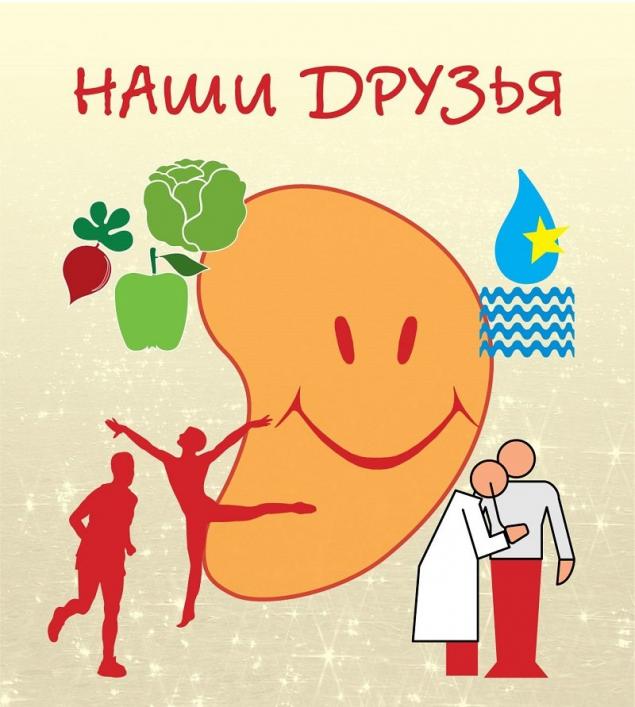
The kidneys are an amazing organ. They produce hormones, filter blood, absorb minerals, are responsible for urinating and maintain a healthy acid-base balance. Life without kidneys is impossible, and the Chinese speak of them as a place of concentration of vital energy.
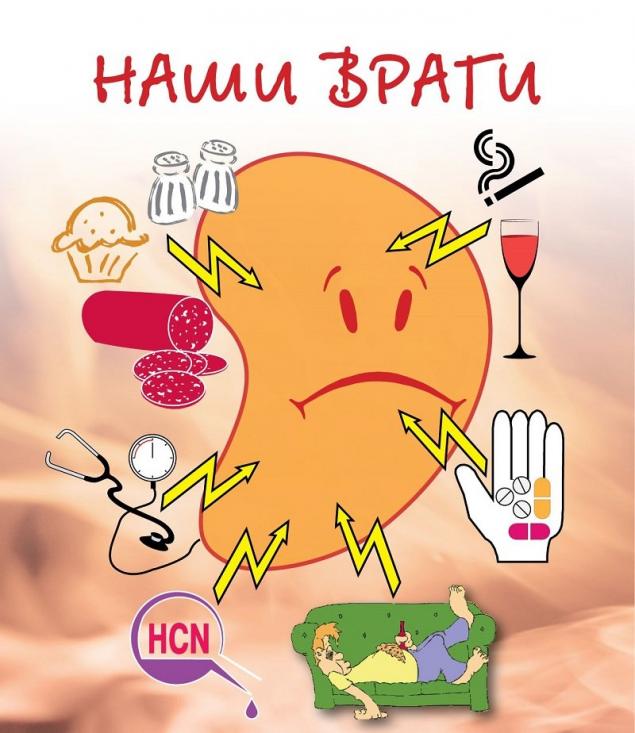
Taking care of your kidneys goes hand in hand with taking care of your own longevity and well-being. If you want your kidneys to serve you well in the foreseeable future, carefully read the following list and pay attention to the health of this organ now, without delaying!
15 factors that destroy the kidneys
How to identify chronic kidney disease At the initial stage, kidney damage is asymptomatic. However, violations in the work of the kidneys are well detected through simple tests and studies.
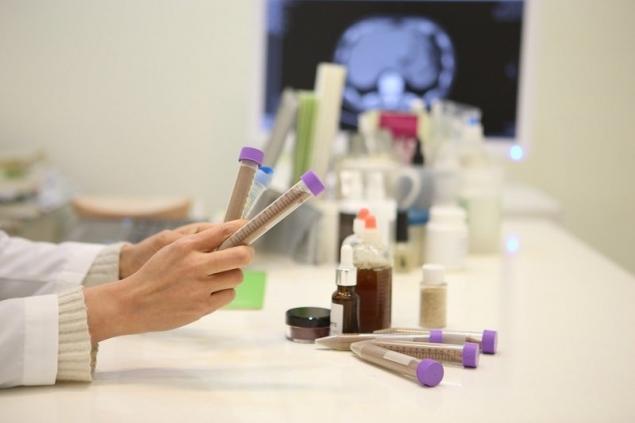
At the time of initial contact with a nephrologist, more than half of patients already have late stages of CKD, when treatment is not possible and only dialysis or transplantation remains.
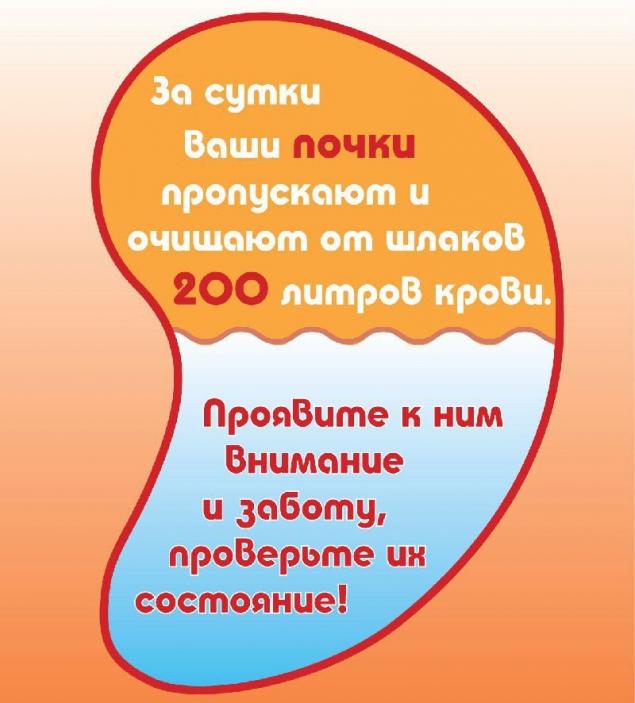
However, these people, usually already suffering from diabetes, obesity or cardiovascular disease, could help their doctor, if timely prescribe blood and urine tests, correctly interpret their results and recommend supportive treatment.
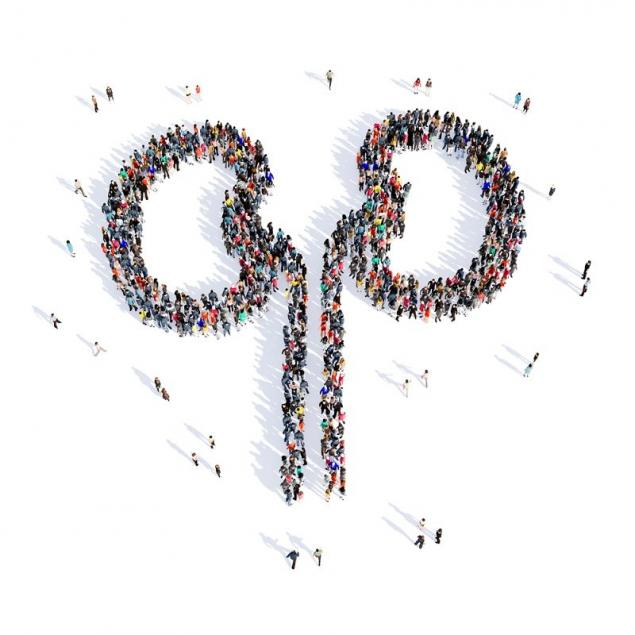
DepositPhotos
Unfortunately, 60-70% of patients with CKD in Russia learn about their diagnosis in intensive care, where they get with acute renal failure, hypertensive crisis, heart attack or stroke.
Kidney health in your hands! Exacerbation of renal diseases most often occurs in autumn and spring, so in these seasons you need to be most attentive to yourself.
Researchers believe that changing the diet and increasing physical activity will help avoid the development of many health problems, including kidney disease. Remember that diseases are much easier to prevent than to treat!

According to WHO, the number of people with diseases of the kidney system today is about 10% of the world’s population, and this figure, unfortunately, is growing. In most cases, we are talking about severe chronic diseases that often end in death, or about diseases that pass into the category of chronic.
The insidiousness of kidney diseases is that they can not manifest themselves for a long time, do not cause complaints, deterioration of health. They can be detected only after a medical examination. Exactly. chronic kidney disease (CKD), along with diabetes mellitus and hypertension, is classified as a “silent killer.” In Russia, the number of CKD sufferers has already reached 15 million.

If you do not take the disease under control and allow it to progress, terminal renal failure develops over time, that is, the kidneys cease to perform vital functions. At this stage of the disease, serious complaints already appear, but the moment when it is possible to reverse the disease or at least slow down its development has already been missed.

The kidneys are an amazing organ. They produce hormones, filter blood, absorb minerals, are responsible for urinating and maintain a healthy acid-base balance. Life without kidneys is impossible, and the Chinese speak of them as a place of concentration of vital energy.

Taking care of your kidneys goes hand in hand with taking care of your own longevity and well-being. If you want your kidneys to serve you well in the foreseeable future, carefully read the following list and pay attention to the health of this organ now, without delaying!
15 factors that destroy the kidneys
- Drug abuse
For the kidneys, all chemistry is harmful, whether it is drugs or nutritional supplements in foods. There are many drugs that cause kidney disease. In this list, there are analgesics that take almost everything. Antibiotics are harmful to the kidneys, for example, ciprofloxacin, methicillin, vancomycin, sulfonamides. Also dangerous are analgesics, including acetaminophen, and nonsteroidal anti-inflammatory drugs: aspirin, ibuprofen, naproxen and others available only by prescription.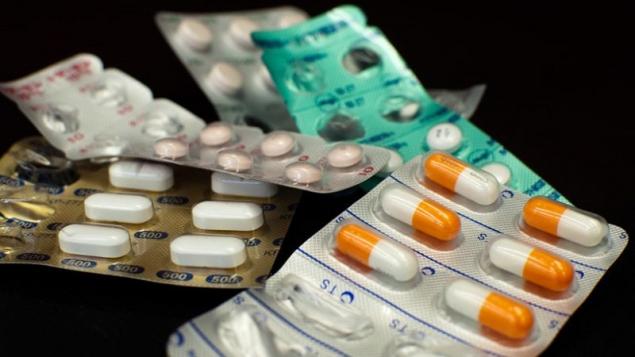
- The habit of drinking sugary carbonated drinks
According to a study conducted by researchers at Osaka University in Japan, drinking two or more carbonated drinks a day (both diet and regular) may increase the risk of kidney disease. The study involved twelve thousand employees, and those subjects who consumed a large amount of soda were more likely to have protein in their urine. Protein in the urine (proteinuria) is an early sign of kidney damage, but if detected early, the disease can still be cured.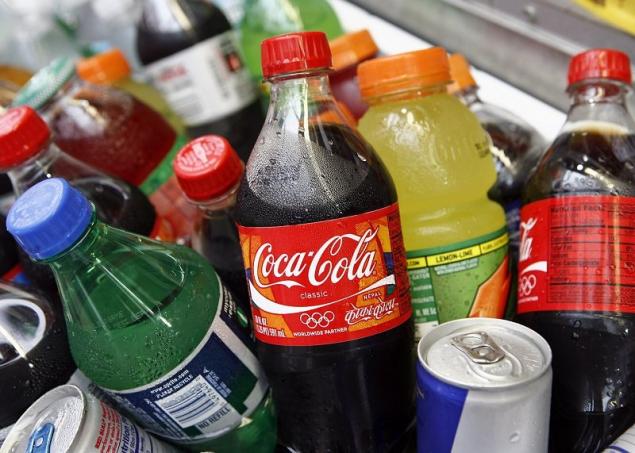
- Lack of vitamin B6
For the good functioning of the kidneys, a healthy diet is important. According to research conducted at the University of Maryland Medical Center, a lack of vitamin B6 increases the risk of kidney stones. For optimal kidney function, you need to consume at least 1.3 milligrams of vitamin B6 daily. The richest sources of vitamin B6 are fish, legumes, beef liver, potatoes and starchy vegetables, as well as fruits, with the exception of citrus fruits.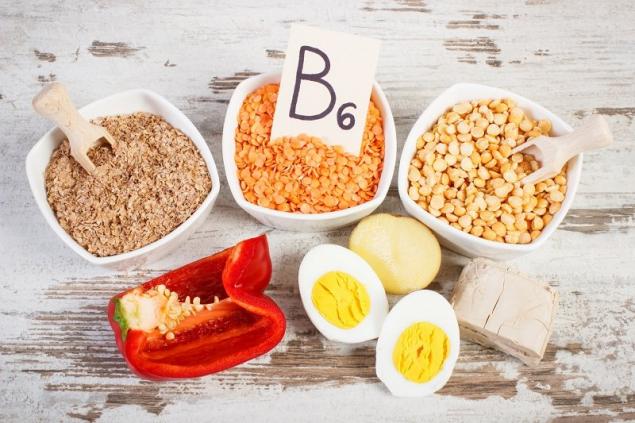
DepositPhotos - High blood pressure.
Those who suffer from hypertension are 40% more likely to have kidney disease and cardiac arrest. There are more than a billion hypertensive people in the world, but many people do not suspect that their blood pressure is not normal. Increased pressure does not often make itself felt, but gradually literally destroys the body from the inside. Hypertension can be managed by changing lifestyle. This, according to experts, will help prevent the deaths of millions of people around the world. - Eating red meat and fast food
The World Health Organization has warned that people eat too much red meat, leading to an increased risk of certain cancers. In addition, it affects the frequency of kidney disease – lovers of steaks and sausages, kidney failure developed 40% more often than those who practically do not eat red meat, replacing it with poultry meat.
The researchers urge people to reduce the amount of red meat consumed and try to get protein from other sources, such as legumes or white meat.
70017. - Contrast temperatures
The kidneys do not like strong temperature changes. For example, from the steam room to the hole or, overheated on a hot beach, into cold water. Dangerous not only temperature changes, hypothermia, but also severe heat. During the heat, the kidneys also have a very difficult time. If you do not yet give the necessary amount of water to your body, the water-salt balance changes. The blood becomes thick, poorly filtered, which is why the kidneys are poorly supplied with the necessary nutrients contained in the blood. - Smoking
Smoking has been linked to the development of atherosclerosis. The narrowing and hardening of blood vessels affects the blood supply to all vital organs, including the kidneys. According to a study published in the English journal Clinical Pharmacology and Therapeutics, two cigarettes a day is enough to double the number of endothelial cells in our blood.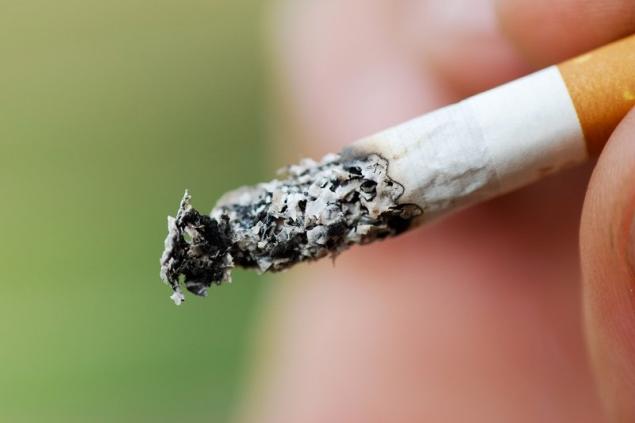
- Lack of physical exercise
Exercise is another way to protect your kidneys. A large study published in the Journal of the American Society of Nephrology found that women who exercised after menopause were 31 percent less likely to develop kidney stones.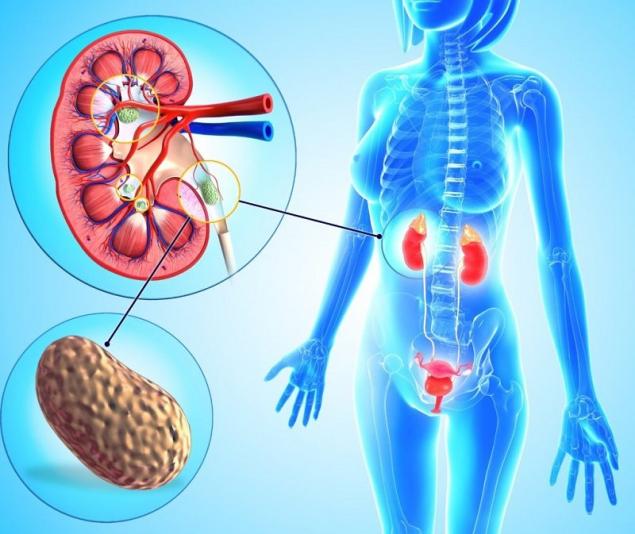
- Magnesium deficiency
If you do not get enough magnesium, the body cannot properly absorb and absorb calcium, which can lead to an excess of calcium and the formation of kidney stones. To prevent this process, eat green vegetables, beans, seeds and nuts. Healthy avocados are also a good source of magnesium. Previously "Site" I have already written about the great benefits of avocados for women. - Drinking insufficient amounts of water
For the kidneys to perform their functions, they need enough water. If you do not drink enough, toxins can begin to accumulate in the blood, which is due to a lack of fluid that would wash them out of the kidneys. The National Kidney Foundation recommends drinking at least twelve glasses of water a day. The easiest way to check if you are drinking enough is to pay attention to the color of your urine.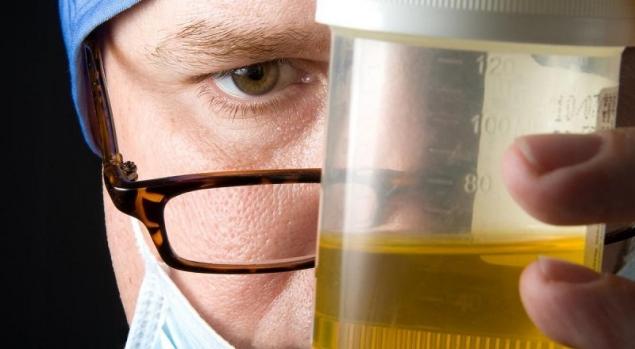
- Obesity
This may not seem too obvious, but excessive excess weight is one of the main reasons that provoke the development of kidney disease. According to recent studies, excess weight is one of the factors that most affect the development of chronic kidney disease, kidney stone disease and kidney cancer.
Compared to people whose weight is normal, in patients with obesity, the likelihood of developing end-stage renal failure is increased by 2-7 times. - Poor quality of sleep
Researchers from Brigham and Women’s Hospital found that insufficient sleep is not the best way to affect the kidneys. Scientists concluded that the disruption of the natural cycles of sleep and wakefulness (which was observed, for example, in people who worked the night shift) adversely affected the kidney function. - Environmental pollution
The increase in the frequency of kidney disease, researchers are associated with environmental pollution, as well as climate change. Recently, scientific articles have even begun to use the term “stress nephropathy”. It is increasingly diagnosed in residents of modern megacities - scientists do not exclude that in the future, kidney disease will occur even more often. - Too much salt in the food
Salt is important for the body, but its consumption should be limited. Excessive salt intake can raise blood pressure and significantly increase the strain on the kidneys. Every day you need to consume no more than 5 grams of salt, so do not rush to grab the salt shaker.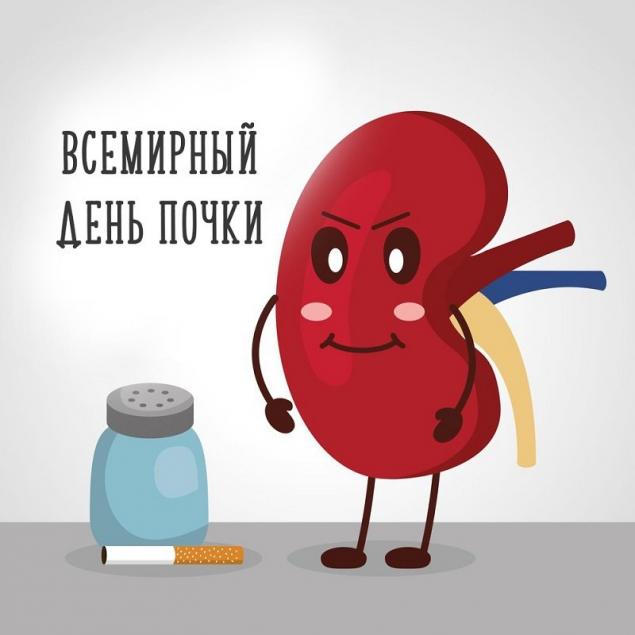
DepositPhotos - Excessive alcohol use
Alcohol destroys not only the liver, but also the kidneys. According to scientists, the only way to avoid kidney disease is to drink alcohol in moderation.
How to identify chronic kidney disease At the initial stage, kidney damage is asymptomatic. However, violations in the work of the kidneys are well detected through simple tests and studies.

- General urine test.
- Biochemical blood test to determine the level of creatinine (the so-called one of the final products of protein metabolism in the body, to be excreted through the kidneys), its level is judged on the excretory function of the kidneys.
- Kidney ultrasound.
- Microalbuminuria (protein in urine) test. Normally, the protein remains in the body and does not penetrate into the urine. The presence of protein (albumin) in the urine can indicate a violation of kidney function. Suffering from diabetes, hypertension should do this analysis at least 1 time a year for the timely diagnosis of chronic kidney disease at an early stage.
At the time of initial contact with a nephrologist, more than half of patients already have late stages of CKD, when treatment is not possible and only dialysis or transplantation remains.

However, these people, usually already suffering from diabetes, obesity or cardiovascular disease, could help their doctor, if timely prescribe blood and urine tests, correctly interpret their results and recommend supportive treatment.

DepositPhotos
Unfortunately, 60-70% of patients with CKD in Russia learn about their diagnosis in intensive care, where they get with acute renal failure, hypertensive crisis, heart attack or stroke.
Kidney health in your hands! Exacerbation of renal diseases most often occurs in autumn and spring, so in these seasons you need to be most attentive to yourself.
Researchers believe that changing the diet and increasing physical activity will help avoid the development of many health problems, including kidney disease. Remember that diseases are much easier to prevent than to treat!
My husband bought a flower pot and then took the foam and corrugated paper. Look at this miracle!
Is the liver working in enhanced mode? We need to take action now!







